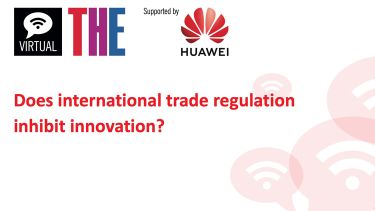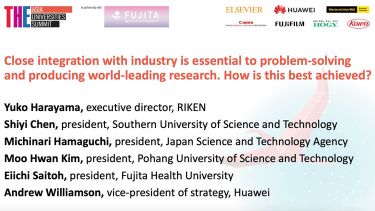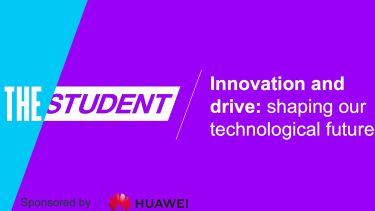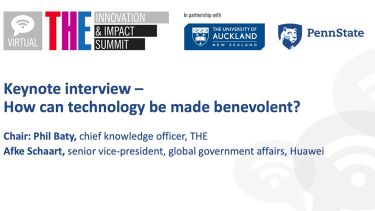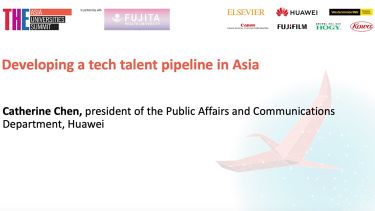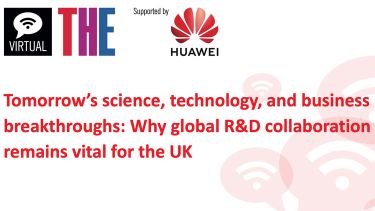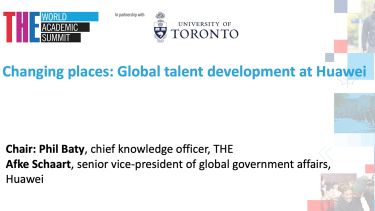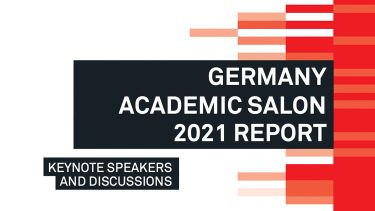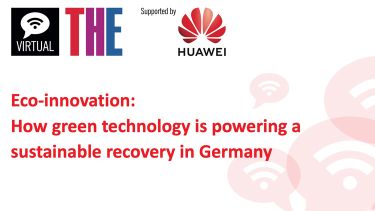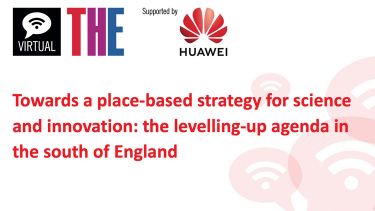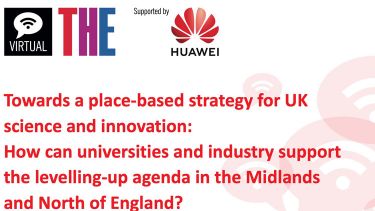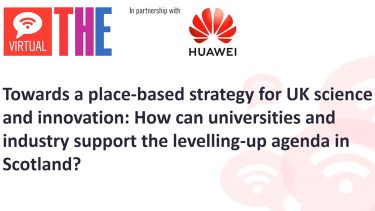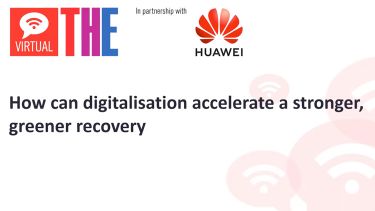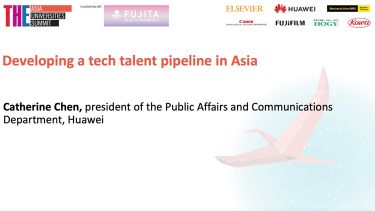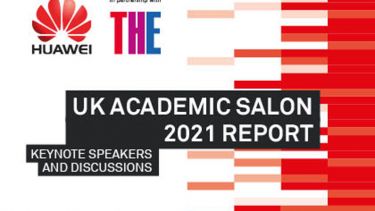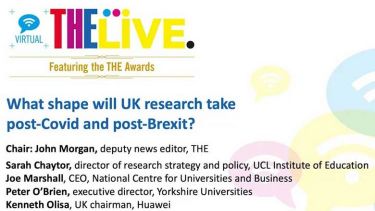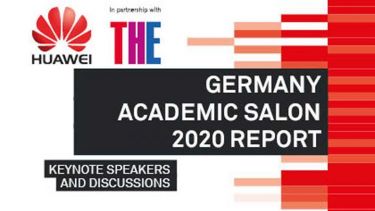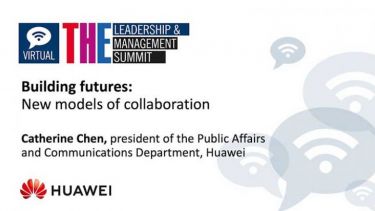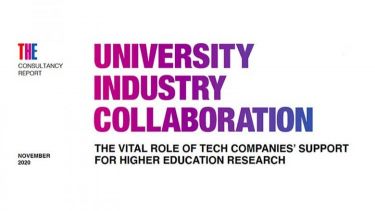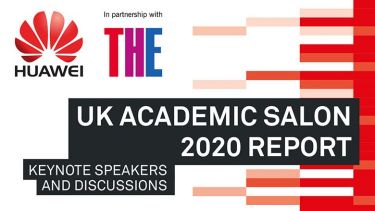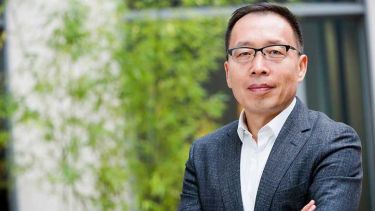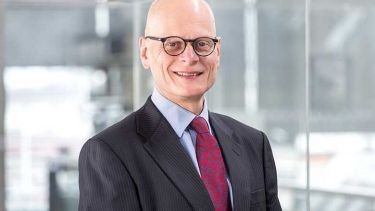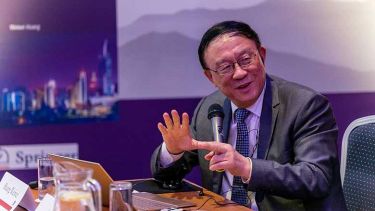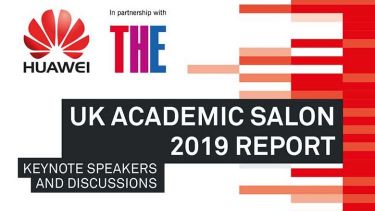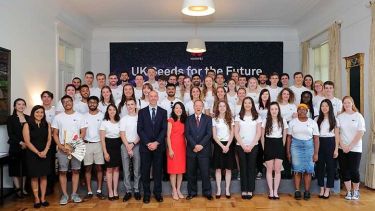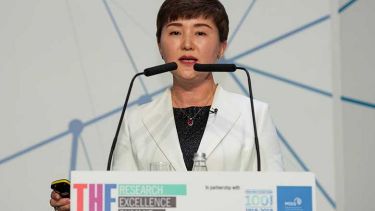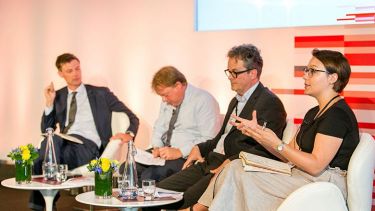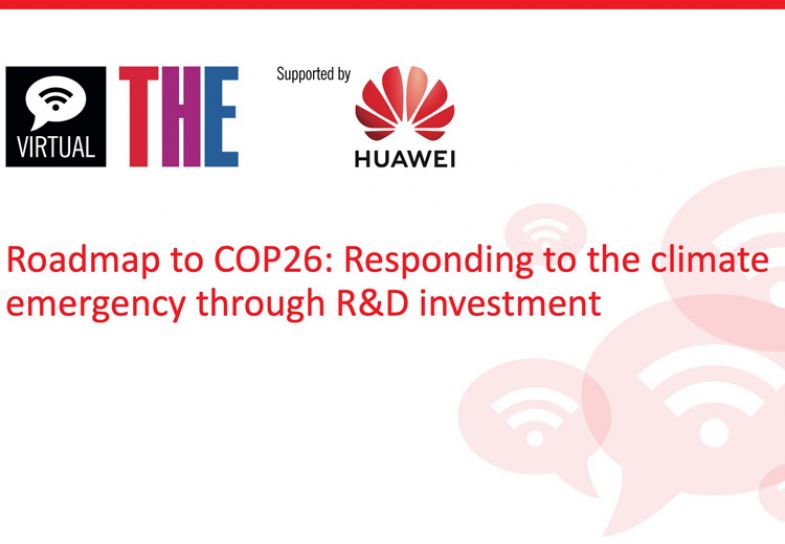
Cross-sectoral collaborations led by universities will be key to meeting sustainability targets in months to come
The response to the Covid-19 pandemic has been heralded as a triumph of science and knowledge diplomacy, with research collaborations across borders making universities central to those successes.
Now, universities face pressure to harness the resilience and innovation they have shown and focus it on one of the biggest grand challenges of all: climate change.
Ahead of the UN Climate Change Conference (COP26) in Glasgow this November, representatives from across academia met for a round-table discussion in partnership with Huawei, under the Chatham House Rule, to address how universities can best assist in meeting net zero targets.
The attendees agreed that universities have a critical role in working with governments and businesses to build the case for greater climate ambitions. Likewise, panellists acknowledged the power universities have in applying pressure towards decarbonisation through their global reach – whether through research outputs or negotiation through international partnerships.
But it is the cross-sectoral collaborations led by academia that present the greatest opportunities in harnessing science and innovation for climate action, the group said.
University representatives were urged to encourage their industry partners and colleagues to bring climate research to the table, but also to engage with businesses and government to encourage “maximum ambition” ahead of the climate change commitments to be made in November.
The roundtable included participants with expertise in renewable engineering, green technologies and analysis of carbon emissions. As such, a number of challenges were outlined in anticipation of the UK’s response to climate change in the near future.
Heating and cooling, for example, plays a critical role in carbon emissions but remains one of the most challenging aspects to manage, experts said, warning that “significant changes will be needed in heavy industry” over the coming months. Here, the influence of government, businesses and civil society can also accelerate the progress being made.
Global influences must remain a key concern for UK policymakers, however, with diplomatic pressure needed to stop the continued investment in fossil fuels in Asia.
Panellists also raised issues around carbon pricing – the cost applied to carbon pollution to discourage companies and governments from investing in non-renewables and reducing their carbon footprint. “The time might be right for a global carbon pricing alliance,” one panellist suggested. “But carbon pricing is difficult, politically.” Hopes were expressed that the COP26 alliance would put more pressure on leaders in this regard.
There were several positive examples of universities keeping sustainability in mind when engaging with industry, such as the Leonardo Centre at Imperial College Business School, which was set up as a bridge between the university’s existing centres of excellence to establish successful technological advancements with the private sector.
While many agreed that there had been a noticeable shift in the private sector’s sustainability efforts – and that many organisations were moving faster than national governments towards decarbonisation targets – much of the decision-making is “top-down” and companies don’t have the granularity for practical implementation, panellists said.
However, universities are well placed to assist businesses in understanding their own abilities and the environmental implications of decision-making, panellists said. Similarly, many major businesses come to universities to seek advice on building capacity across their organisations with sustainability in mind. Here, academia could also play a greater role and incorporate the lessons learned into curricula.
Crucial to finding new solutions to future climate challenges is engagement with younger generations, including early career researchers, from the start, panellists agreed, as well as encouraging fairness and diversity in hiring for new and existing roles.
“Making sure our graduates have the right skills for addressing future environmental challenges, and their employability is high, means they can be part of the transition whatever sector they go into,” one panellist concluded.
Find out more about Huawei and higher education.


